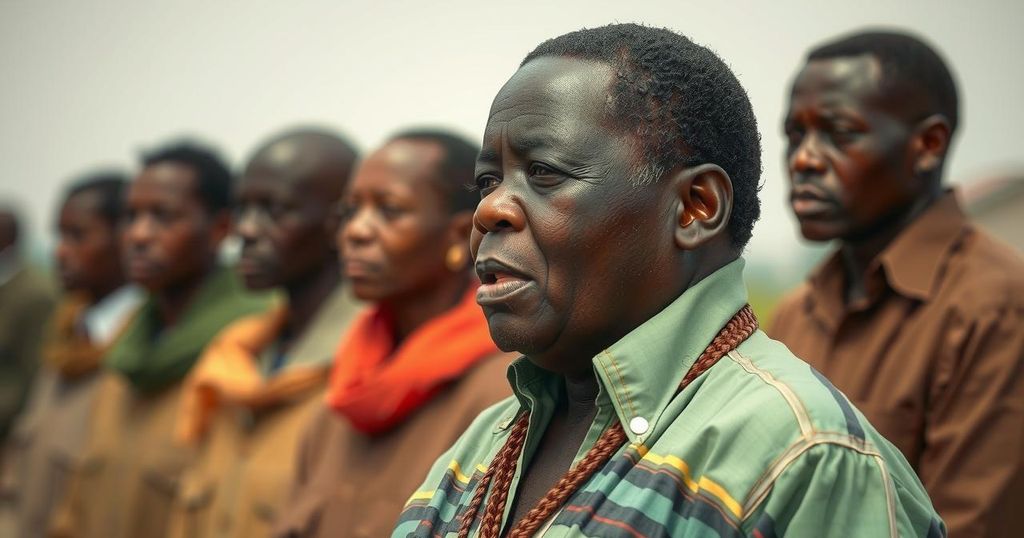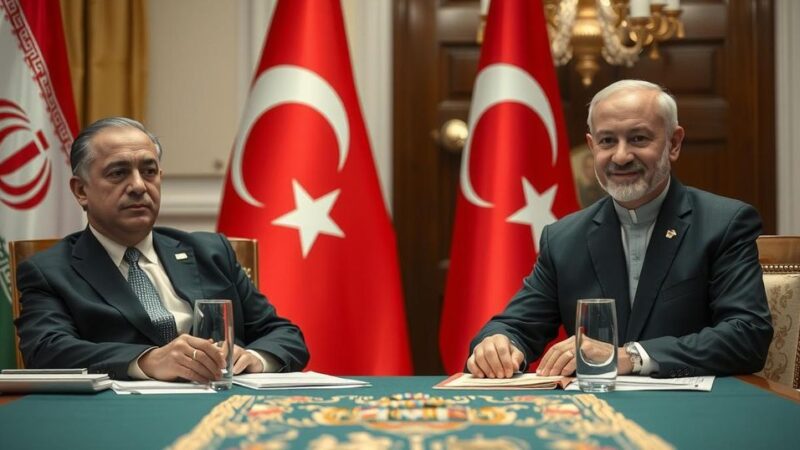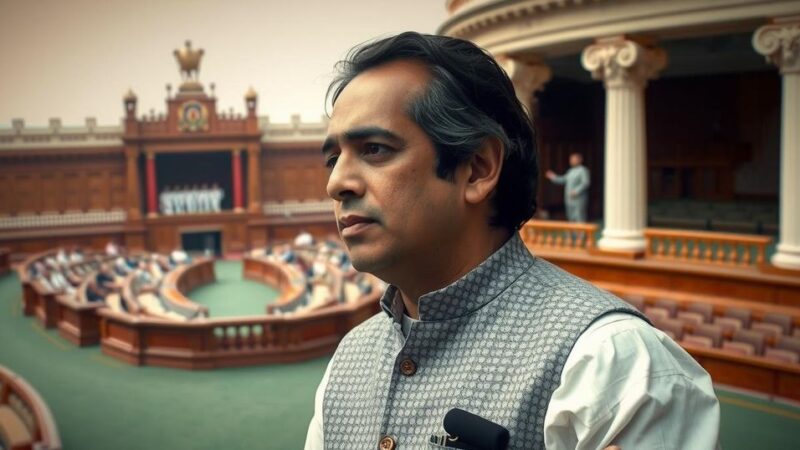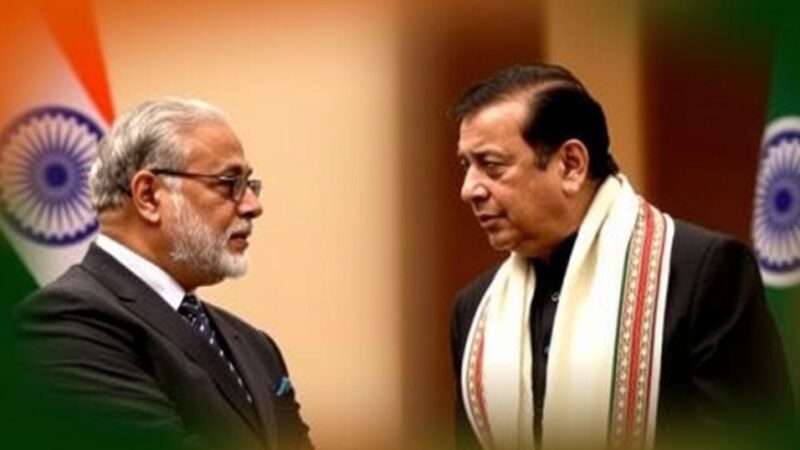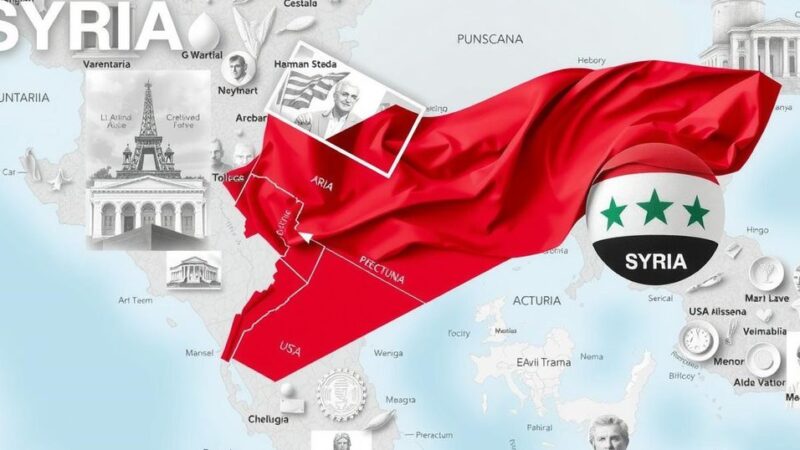The Biden administration has an opportunity to address the ongoing crisis in South Sudan through targeted network sanctions against President Salva Kiir and his regime. With systemic corruption and violence hampering democracy, the administration must pivot from conventional approaches like scheduled elections to measures that hold corrupt leaders accountable, thereby fostering long-term stability and governance reform.
The Biden administration, comprising key figures like Secretary of State Antony Blinken and National Security Advisor Jake Sullivan, has an opportunity to reshape U.S. foreign policy towards South Sudan, a nation beset by corruption and violence since its independence in 2011. The onset of civil war three years after independence has led to exacerbated crises, and the administration must implement significant actions, such as enforcing network-based sanctions against President Salva Kiir and his regime to address entrenched corruption.
Since gaining independence, South Sudan’s ruling elite have maintained power through systemic corruption and violence, stalling democratic processes and postponing elections initially promised in the 2018 peace accord. This regime, characterized by its kleptocratic nature, has obstructed efforts to implement reforms and has amassed wealth at the expense of the nation’s population, which suffers from economic instability and rampant human rights abuses. The delay in elections only serves to fortify Kiir’s power, ensuring a status quo that undermines the country’s potential for democracy and governance.
Mediation efforts by the United States, the United Kingdom, and Norway have continually pushed for elections without addressing the core issue of the hijacked state, which prioritizes power and wealth concentration among elite benefactors. Consequently, the push for elections by the Kiir regime is merely a façade, as their substantive actions do not align with their stated intentions. The international community’s reliance on elections to facilitate reform has been proven ineffective, demonstrating a need for a strategic shift towards targeted consequences for South Sudan’s elite, particularly those obstructing peace and democracy.
A next step should involve imposing targeted network sanctions against Kiir and his associates, aiming to dismantle the kleptocratic structures that enable their continued oppression. Such measures would ensure accountability for leaders who engage in human rights violations and facilitate systemic corruption. Historical precedents suggest that concerted international financial pressure can provoke change; the 2018 peace agreement followed significant sanctions imposed on regime elites, highlighting the potential effectiveness of strategic financial diplomacy.
In conclusion, the Biden administration has a critical window to redefine the diplomatic landscape for South Sudan. By targeting network sanctions against Kiir and his corrupt administration, it can foster an environment conducive to accountability and democratic aspirations, ultimately working towards the retrieval of the state from corruption and the establishment of sustainable governance in South Sudan.
This article addresses the ongoing conflict and governance crisis in South Sudan, the youngest country globally, which has been plagued by systemic corruption and civil unrest since its independence in 2011. Following a brief era of optimism, civil war erupted in 2013, revealing the deep-seated issues within the state that hinder progress towards democracy and peace. The intervention of foreign powers and international organizations has not significantly altered the trajectory of the nation, as the ruling regime, notably under President Salva Kiir, has continued to engage in practices detrimental to its citizens’ welfare.
The urgency of imposing network sanctions against South Sudan’s kleptocratic regime cannot be overstated. The Biden administration has the potential to drive significant change by holding President Kiir accountable through targeted actions. By dismantling the systemic corruption that underpins the current government, there is an opportunity to pave the way for a more democratic and accountable governance structure in South Sudan, ultimately enhancing the prospects for peace and stability in the region.
Original Source: www.justsecurity.org
